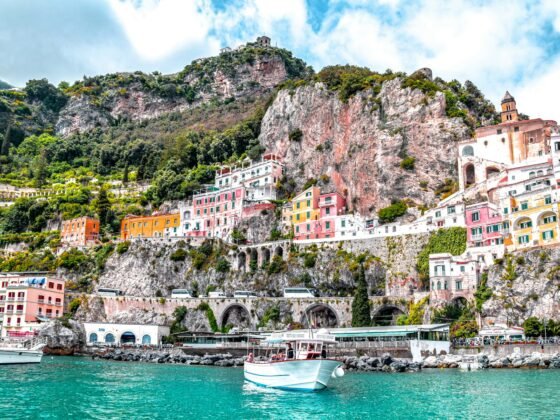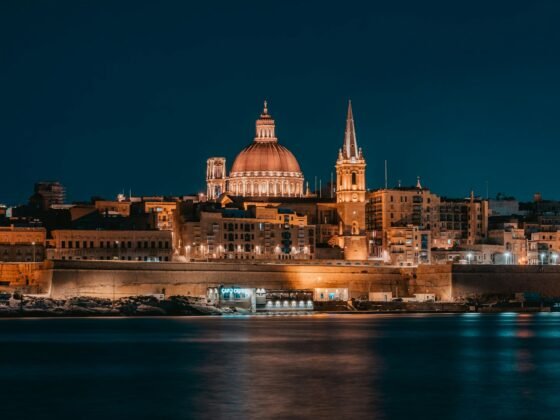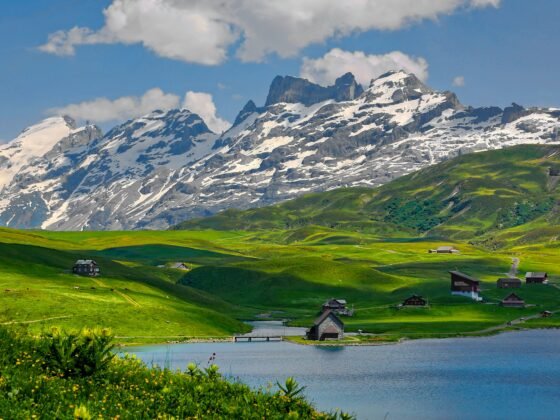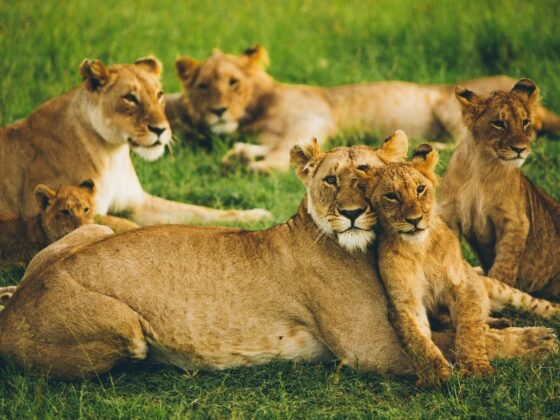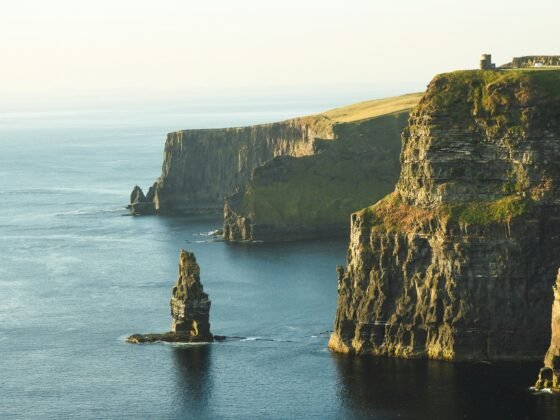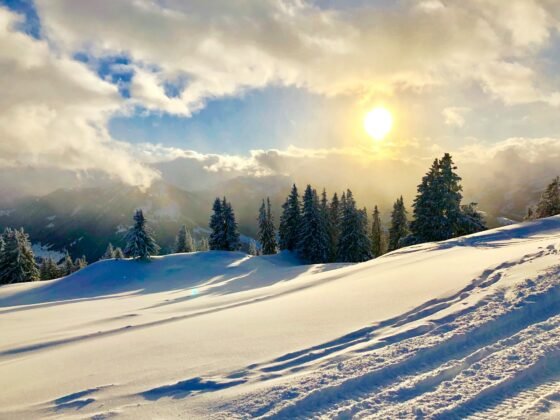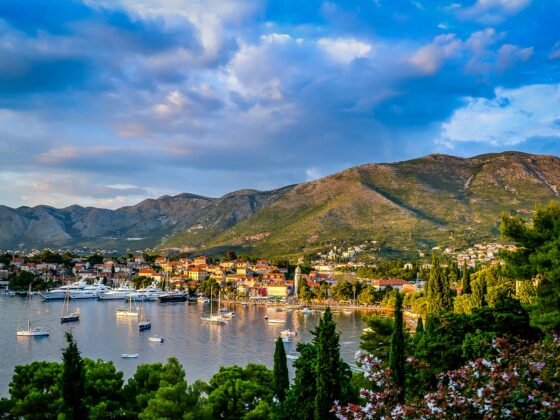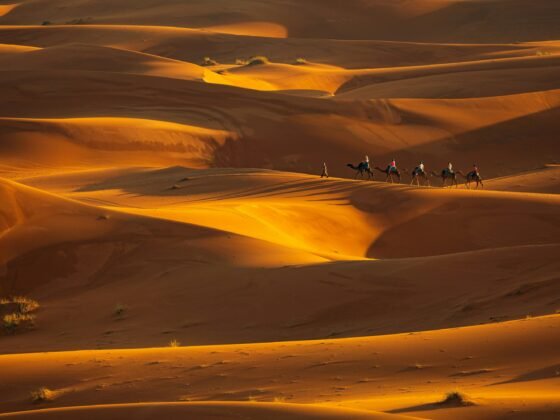Nestled in the lush Kashmir Valley, Srinagar is famed for its traditional houseboats, pristine lakes and exquisite gardens. The north Indian city has long been considered the ‘summer capital’ of the Jammu and Kashmir region and is once again slowly opening up to tourism.
Srinagar History and Culture
In fact, Srinagar is dubbed “The Lake City” thanks to the fact that it lies conveniently on the banks of the Jhelum River. Located at the very heart of the Kashmir Valley, Srinagar straddles the Jhelum at an altitude of 1730 meters. There are two key lakes that dominate the city; the Nagin and Dal, which together earned Srinagar its nickname.
It’s believed that Srinagar was originally founded in 3BC by the Emperor Ashoka, who ruled much of the Indian subcontinent. However Srinagar as we know it today was ‘officially’ founded in 631AD by Pravarasena-II and Hiuen Tsang on the same site. Much of the culture and tradition of Srinagar can be attributed to the Kashmiri and north Indian ruler Emperor Lalitaditya Muktapida who reigned during the Hindu period; up to 1339.
The city was then ruled by King Zain-ul-Abidin (1418-1419 and 1420-1470) who was dedicated to Sanskrit. He was, and indeed still is, highly revered and was known as Bud Shah – The Great King. Mughal Emperor Akbar the Great ruled from 1556 until 1605 and captured the
Kashmir Valley on behalf of the Mughals, who set about constructing opulent mosques and lavish gardens in Srinagar. It was the Sikhs that then overthrew the last Muslim ruler in 1819, during the Maharaja Ranjit Singh reign. And in March 1846 the British granted sovereignty to Kashmir as part of the Treaty of Amritsar. And in 1947, Jammu and Kashmir State joined the Indian Union.
Today Srinagar is slowly opening up once more and curious travellers that make the journey will be captivated by the sheer beauty of the valley region that drew the interest of the Chinese, Mughals and British over the centuries. Travellers will uncover a wealth of sights, sounds and smells that can be attributed to these ancient rulers.
Top things to do in Srinagar
Much of the focus of daily life around Srinagar is on the waterways which retain their own quaint centuries-old lifestyle. Srinagar is fabled for its authentic houseboats bobbing on the regal lakes, beautifully maintained gardens, a myriad of watersports activities on offer and of course shopping at the local markets for local handicrafts and textiles.
One of the most memorable things to do in Srinagar is to take a shikara (traditional Kashmiri wooden boat) across the Dal Lake to explore the sights, which is much more laidback option than travelling by taxi or bus. Your boatman will row you over the serene waters to take in the key sights of the exquisite Mughal Gardens and the Hazratbal Shrine. Nagin Lake by contrast tends to be a little quieter.
The best known sight in Srinagar is the Buddhist Shankaracharya Temple which is dedicated to Lord Shiva and sits atop the Takht-e-Suleiman Hill.
Don’t miss the Hari Parbat Fort, which was constructed in the 18th century by an Afghan governor of Kashmir. The fort sits on a hill which is home to several religious worship sites including the Temple of Goddess Sharika and the Makhdoorn Sahib Shrine.
If you’re in Srinagar in springtime, don’t miss the vast and vivid tulip gardens at the Indira Gandhi Tulip Gardens, which is a spectacular sight.
Don’t miss the spectacular panoramic views from atop Shankaracharya Hill, take in the impressive Jamia Masjid Mosque and hike the local valleys and ruins within Pari Mahal, Betab Valley and Yousmarg.
Best time to visit Srinagar
Srinagar has two distinct seasons; warm and pleasant dry summers and cold winters with little rainfall. The best time to enjoy picturesque Srinagar is between April and October when the temperature rarely peaks above 30°C, in stark contrast to the rest of India. This is a much more pleasant time to take in the local sights of lakes and gardens. The winter season typically runs from October to March and heavy snowfall is the norm, which can close roads and the local airport.
Travel Advice
Always check the local travel advice prior to setting off; the FCO contains advice for British tourists.




